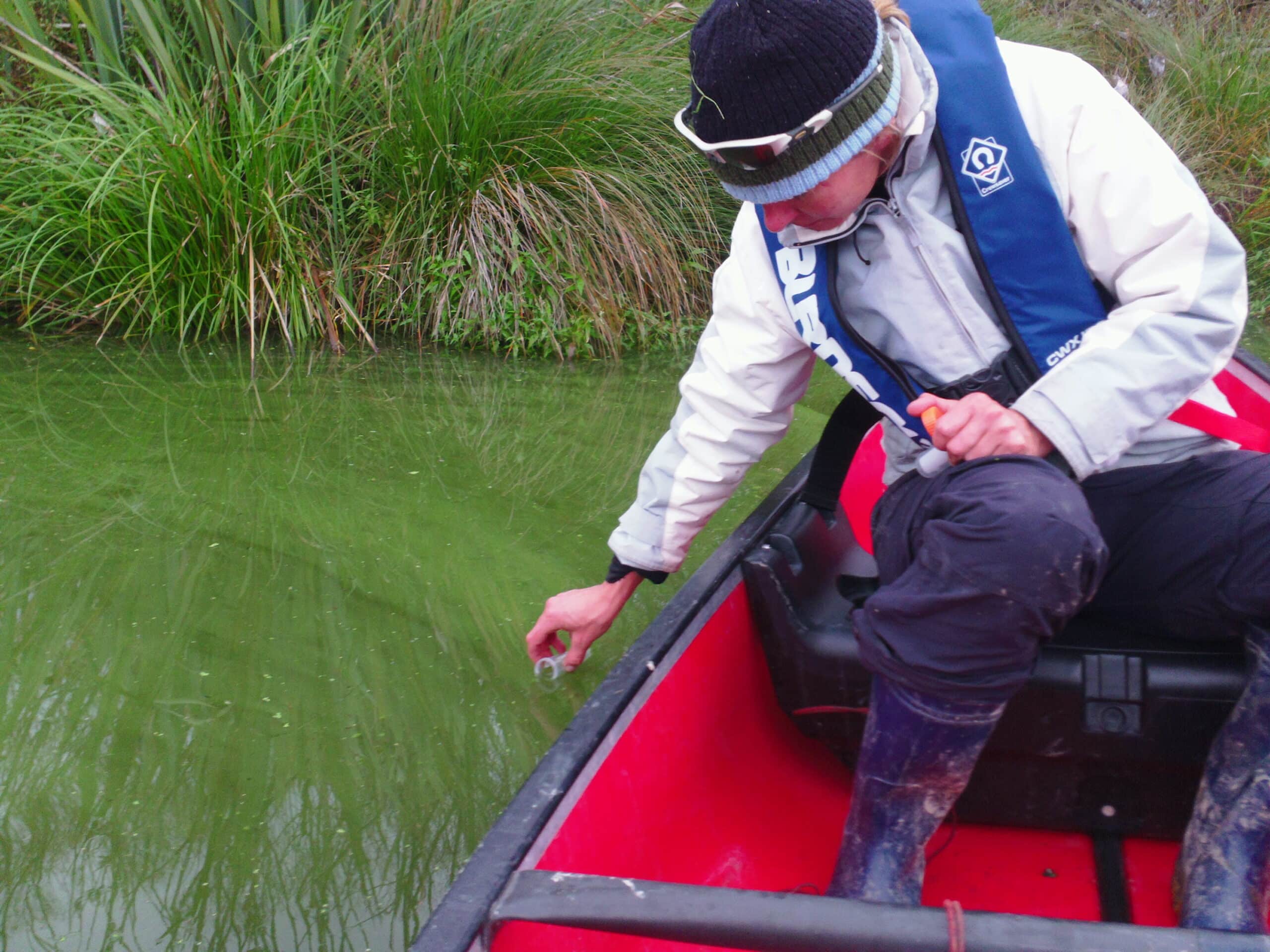, , , , , , & (2023). Assessing the degradation of environmental DNA and RNA based on genomic origin in a metabarcoding context. Environmental DNA, 5, 1016–1031. https://doi.org/10.1002/edn3.437
Abstract
Molecular tools of species identification based on eNAs (environmental nucleic acids; environmental DNA [eDNA] and environmental RNA [eRNA]) have the potential to greatly transform biodiversity science. However, the ability of eNAs to obtain “real-time” biodiversity estimates may be complicated by the differential persistence and degradation dynamics of the molecular template (eDNA or eRNA) and the barcode marker used. Here, we collected water samples over a 28-day period to comparatively assess species detection using eDNA and eRNA metabarcoding of two distinct barcode markers—a mitochondrial mRNA marker (COI) and a nuclear rRNA marker (18S)—following complete removal of Arthropoda taxa in a semi-natural freshwater system. Our findings demonstrate that Arthropoda community composition was largely influenced by marker choice, rather than molecular template, individual microcosm, or sampling time point. Furthermore, although eRNA may capture similar species diversity as the established eDNA method, this finding may be marker-dependent. Although we found little to no difference in decay rates observed among sample groups (COI eDNA, COI eRNA, 18S eDNA, 18S eRNA), this result is likely due to limitations in the ability of eNA-based metabarcoding to provide a strong correlation between true eNA copy numbers present in the environment and final read counts obtained (following the metabarcoding workflow). Collectively, our findings provide further support for the use of multi-marker assessments in metabarcoding surveys to unravel the broadest taxonomic diversity possible, highlight the limitations of eNA metabarcoding methods in providing accurate decay rate estimates, as well as establish the need for further comparative studies using both metabarcoding and single-species detection methods to assess the persistence and degradation dynamics of eNAs for a diverse range of taxa.
Contact Susie.Wood[at]lincoln.ac.nz for a copy of this paper.



